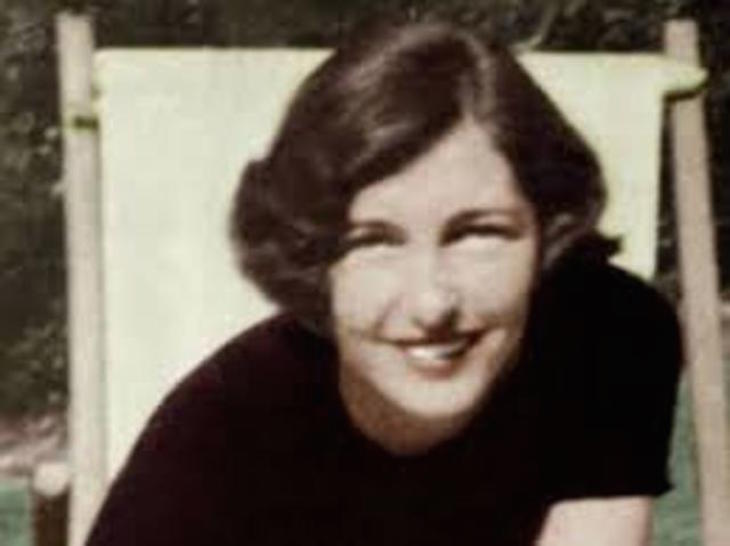
In September 2020, English Heritage unveiled a new blue plaque at a hotel in Kensington.
Number 1 Lexham Gardens — formerly the Shellbourne Hotel — was once home to one of the most remarkable secret agents of the second world war. It was also the place where her life was tragically cut short.
Christine Granville, born Maria Krystyna Janina Skarbek in 1909, was the daughter of a Polish aristocrat. When Germany invaded Poland, she and her then-husband abandoned their travels through southern Africa and went to England to help defend their homeland from Nazi rule. It was in London that she, along with MI6, concocted an utterly extraordinary mission that marked the beginning of her career as Britain's longest-serving female secret agent.
Her plan was to travel to neutral-Hungary, then on to her native Poland on skis. And so she did. She ended up making several such epic treks across the border, smuggling money and arms into the country and bringing valuable intelligence and escapees back with her.

She became Christine Granville following a brush with the Gestapo in 1941, but she didn't leave the acts of heroism behind with her old identity. In 1944, she parachuted into Nazi-occupied France, where she once again narrowly escaped with her life, hiking 70 miles in 24 hours to avoid a massive German offensive. While on that mission she crossed the Alps on foot with a rucksack full of hand grenades, arranged the destruction of a Nazi-held fortress in a key strategic position, and rescued two British agents being held by the Gestapo.
Her loyalty sadly wasn't repaid well by the British government, postwar, who left her with a month's salary and, without a British passport, 'virtually stateless' (as written about by Xan Fielding, one of the agents she saved from the Gestapo, in Hide And Seek).
Eventually granted British citizenship, Granville struggled to find steady employment and settled at the Shellbourne, which provided cheap accommodation for Polish emigres. She lived there from 1949 until 1952 when, aged just 44, she was brutally murdered by a former lover who had been stalking her.
It's enraging that such a senseless act of violence could cut short this daring and colourful life. But — over half a century after her death — it's heartening to know that Granville's story is starting to get the recognition it deserves, as part of an effort to improve the diversity of the blue plaque scheme.



